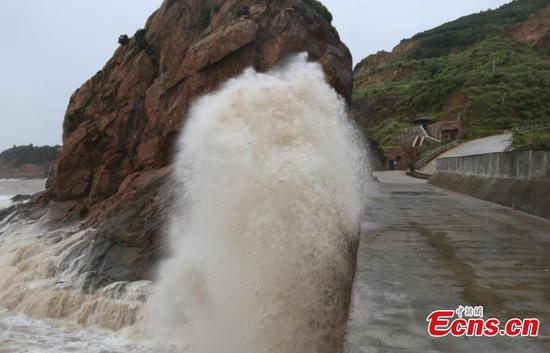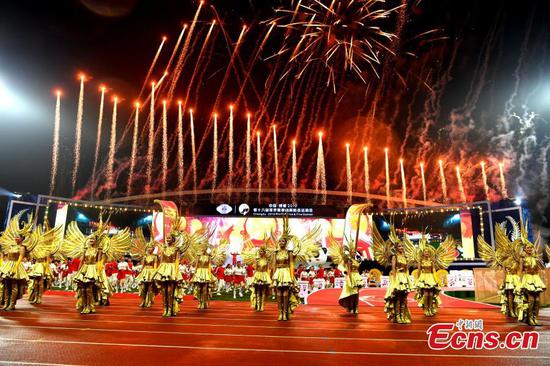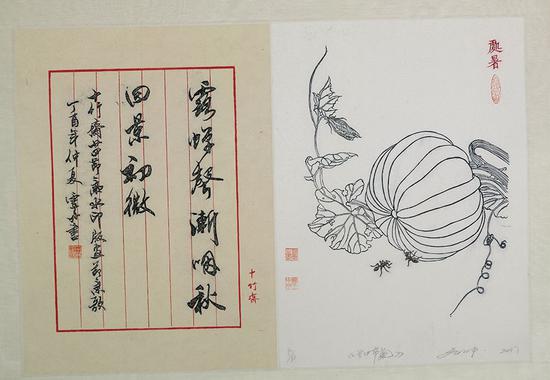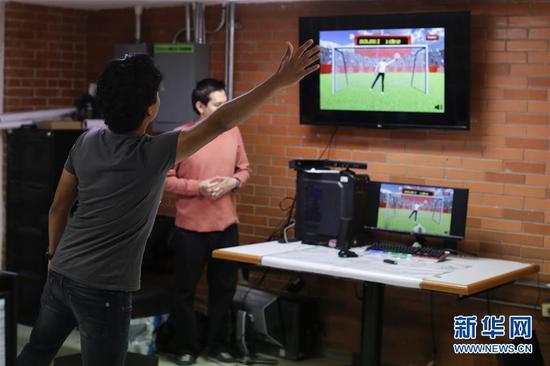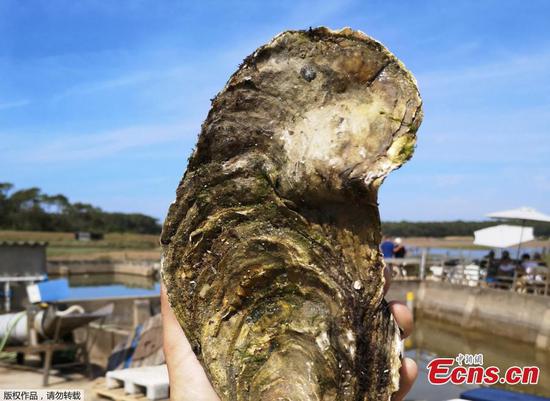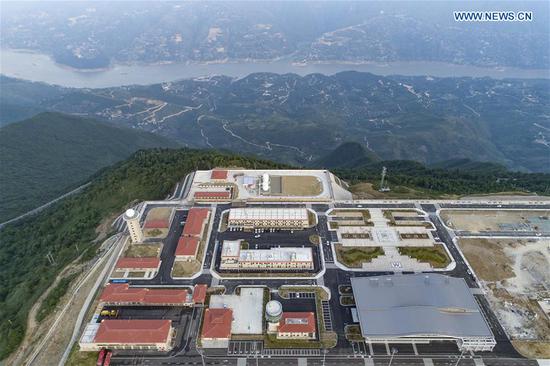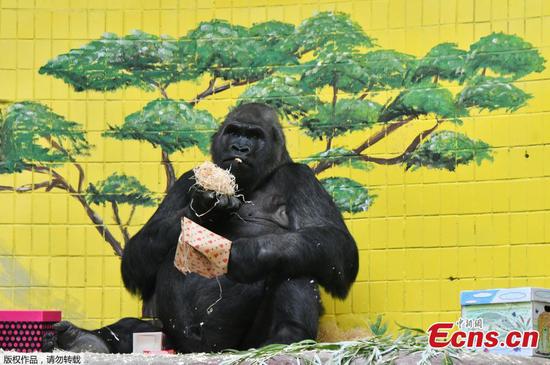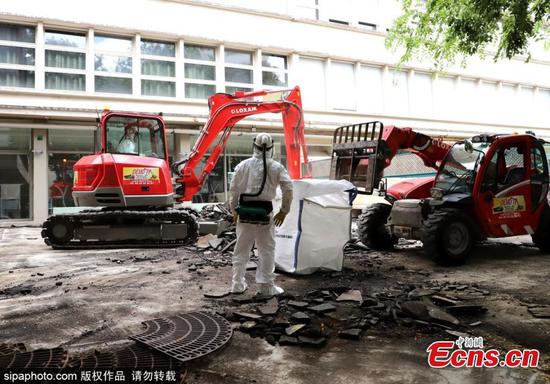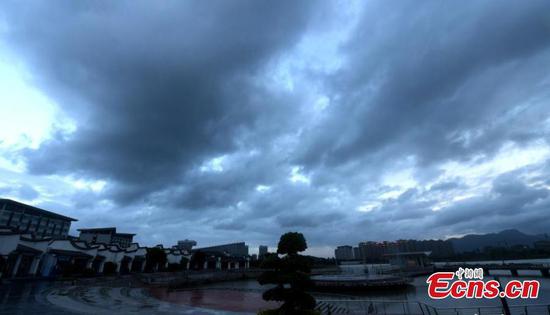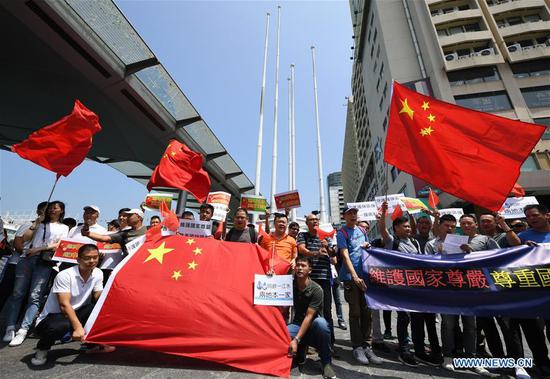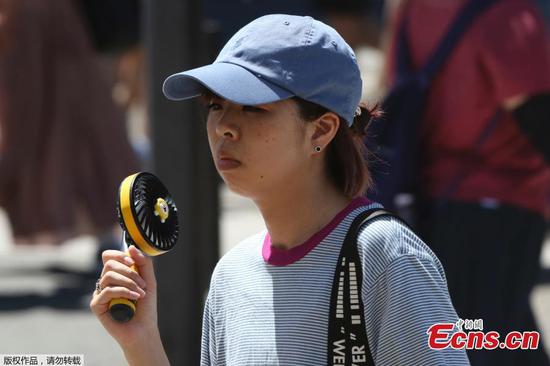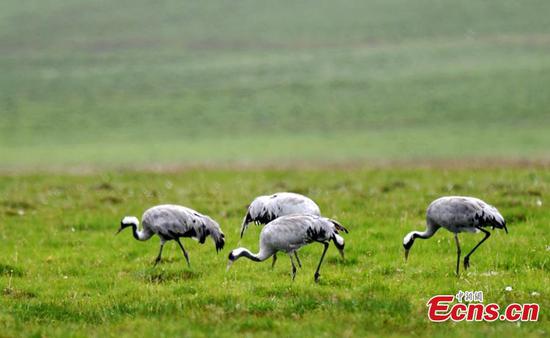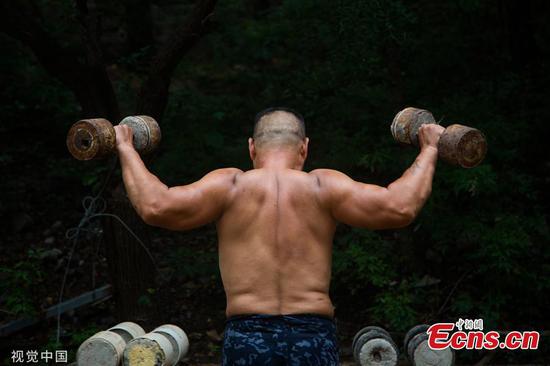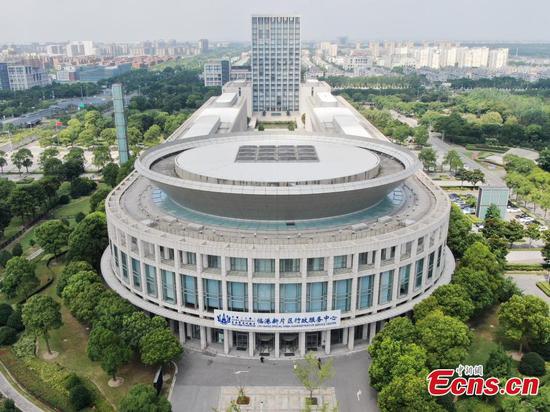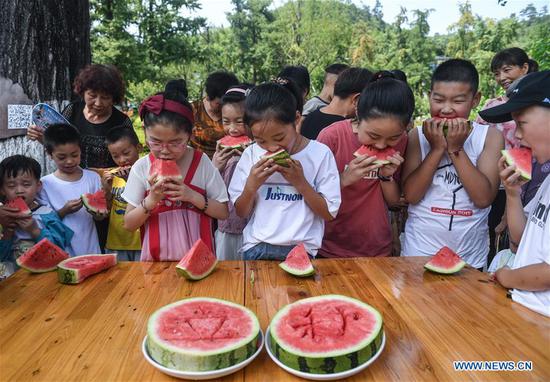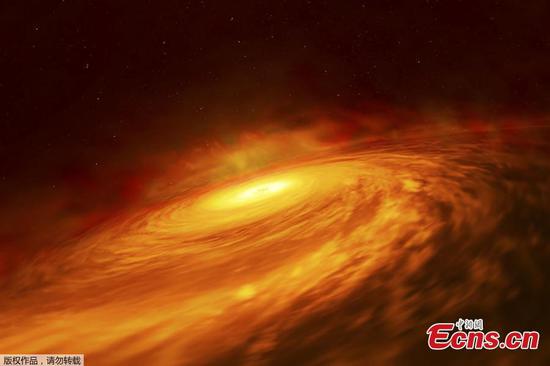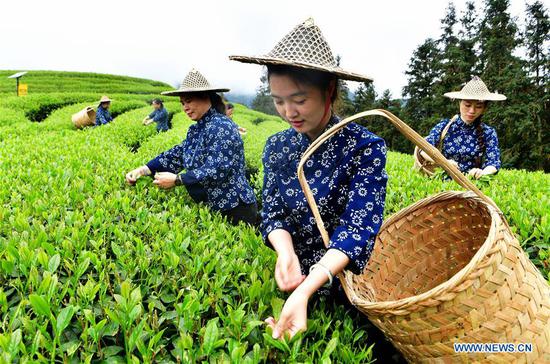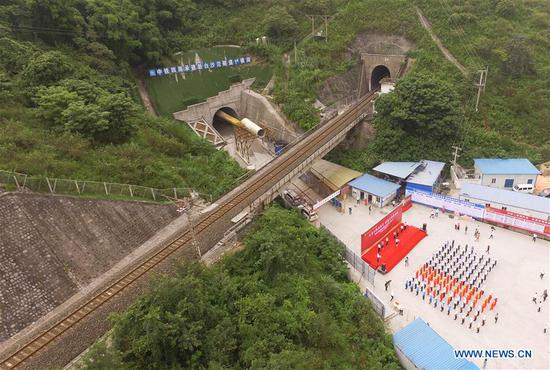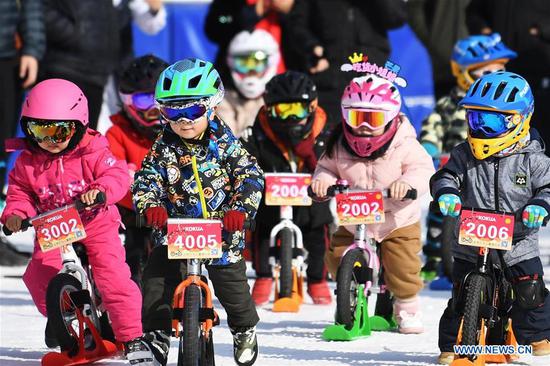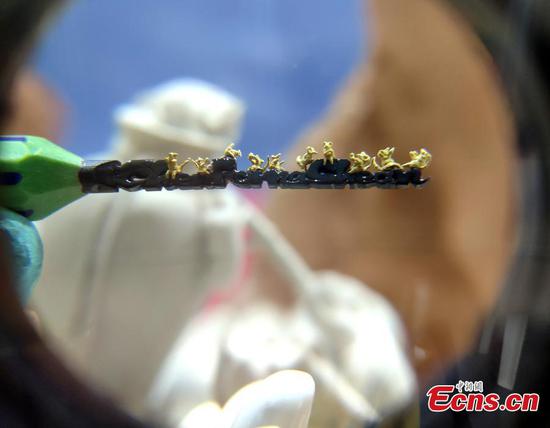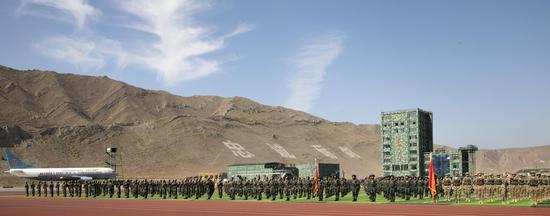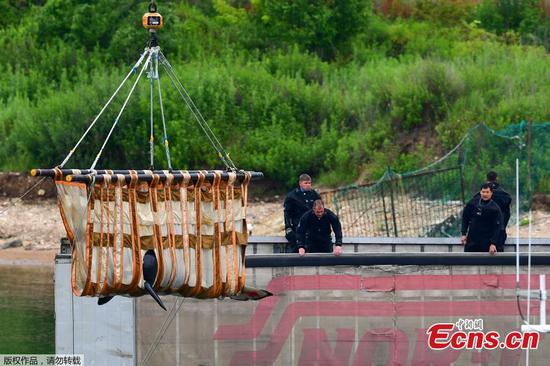Fruit, pork drive food price increases, but few other factors support hike
Consumer inflation as measured by the consumer price index continued to strengthen in July, rising by 2.8 percent year-on-year, compared with 2.7 percent in June, according to the National Bureau of Statistics on Friday.
Analysts said the inflation rate may continue at relatively high levels in the coming months, but will not rise strongly, in a way that could affect the country's stable monetary stance. The reading was the highest since February 2018, when it was 2.9 percent.
Rising consumer inflation in July was attributable mainly to food price increases, the NBS said. Food prices rose by 9.1 percent while nonfood prices were up by 1.3 percent, according to official data.
Among food items, fresh fruit prices rose by 39.1 percent, contributing 0.63 of a percentage point to CPI growth, while pork prices jumped by 27 percent, contributing 0.59 of a percentage point to CPI growth, officials said.
CPI growth was 2.3 percent on average in the first seven months, the NBS said.
July's increase in CPI triggered concerns that the country might face heavier pressure from serious inflation, which would — if it occurred — become a daunting challenge for policymakers as they battle economic weakening.
Analysts, however, said that while inflation may remain at relatively high levels in the coming months, the overall situation will be controllable given that the CPI will not spiral out of control.
"The possibility of the CPI continuing to rise strongly this year is small," said Liu Chunsheng, an associate professor at the Central University of Finance and Economics. "CPI growth will remain controllable and thus would not be something worrisome."
There are few factors that would continue to push up inflation except for food, he said. Authorities have vowed to keep the country's monetary policy prudent and will not resort to excessive money supply to stimulate economic growth, thereby helping to stabilize prices, Liu said.
Li Chao, chief economist at Huatai Securities, said that the July reading may be the highest this year because prices of most items have remained stable or weakened. As the momentum of price increases for fruit and pork is expected to weaken, CPI growth may trend down in the August-October period. "We think the price rise pressure remains controllable," he said in a research note.
The stable inflation level will not have a significant bearing on monetary policymaking, said Liu of CUFE.
But Liu also warned that policymakers should closely monitor the food price changes and ensure stable food supplies to iron out major price fluctuations.
The producer price index, which measures factory-gate prices and concerns corporate profitability, dropped by 0.3 percent year-on-year in July, the NBS said.
The fall reflects the easing of GDP growth, which slowed to 6.2 percent year-on-year in the second quarter.
"The fall is in line with market expectations," said Zhu Jianfang and Liu Boyang, economists at CITIC Securities. The country's environmental protection measures, which reduce production capacity, may help bolster PPI in the coming months, but the situation will not improve significantly, they said in a research note.










